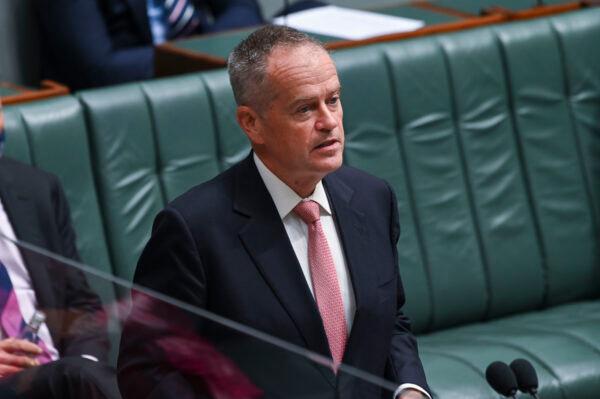The Australian government has introduced a funding boost to improve the employment of people with a disability by making workplaces safer and more accessible.
The changes come following the federal government’s promise to boost work opportunities for people with a disability during the 2022 jobs and skills summit.
New EAF Caps
The government will double the annual funding cap for work-related Auslan interpreting services from the current $6,000 (US$4,027) to $12,000.The cap for building modification support, which helps eligible employers fund lifts, wheelchair-accessible toilets, access ramps and automatic doors, will also double from $30,000 to $60,000.
In addition, the funding caps will be indexed from July 1, 2023, to reflect the changes in inflation and other related costs.
Another change introduced by the government is the abolishment of the requirement for employers to make funding applications before hiring Auslan interpreters.
Employers can now submit applications up to five business days after they interview the interpreters.

Social Services Minister Amanda Rishworth said the federal government was committed to reducing the unemployment rate for Australians with a disability, which she said had not changed for 30 years.
The minister noted that prior to the changes, employers sometimes had to abandon plans to modify their workplace if the costs exceeded the $30,000 cap and they could not cover the price difference.
“No one should miss out on a job interview, test or information session because they could not access Auslan interpreting services or their employer couldn’t afford modifications required,” she said.
Government Stops Using External Debt Collectors for Welfare Payments
In a related development, the federal government has announced that it will stop outsourcing debt collection for social security welfare payments as it seeks to prevent another robodebt incident from happening.The scheme used an automated data-marching system that compared welfare recipients’ reported income with data from the Australian Taxation Office to determine whether they were overpaid.
However, the scheme was later found to falsely accuse welfare recipients of owing money to the government and force them to make repayments.
The federal government said it would not renew contracts with debt collection agents ARL Collect, Milton Graham and Probe Operations after the current ones expired by June 30.
National Disability Insurance Scheme (NDIS) Minister Bill Shorten said the process of collecting welfare debts needed to be lawful, customer focused and handled with care and respect.

“It’s often very vulnerable Australians, people who have gotten on government payments in the first place because they are at a vulnerable time in their lives.
“We have to stop giving their information to private companies and ensure the debt recovery process is lawful, fair and transparent.”
Furthermore, the minister said that while there would be some opportunistic behaviour among welfare recipients, government agencies were fully capable of recovering debts.
“Service Australia collection agents will contact those with outstanding debts and assist them in the transition process. Flexible repayment options, short-term counselling, information and referrals to support systems may be provided,” he said.
Previously, it was estimated that the robodebt scheme wrongfully recovered around $750 million from 381,000 Australians.





